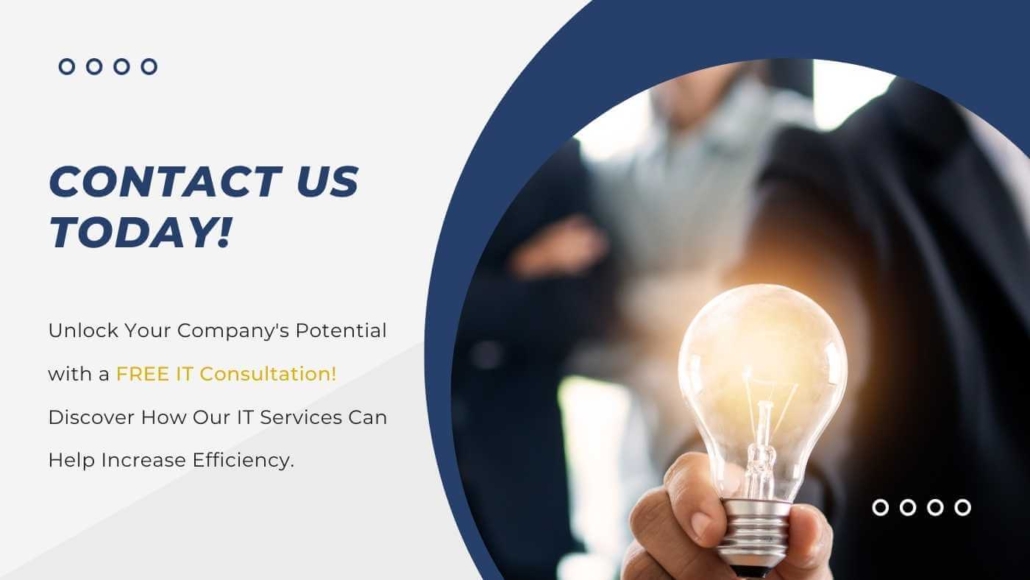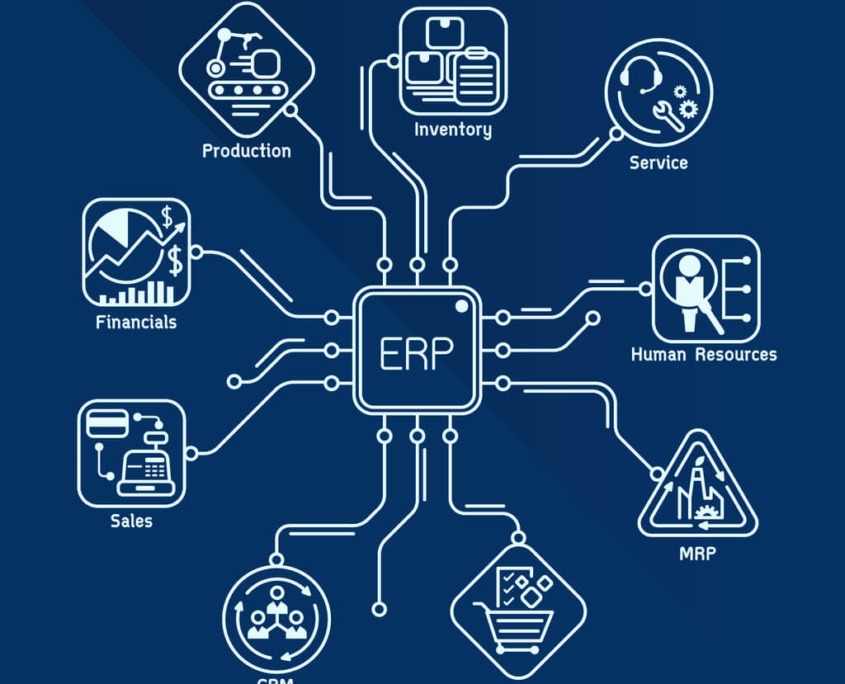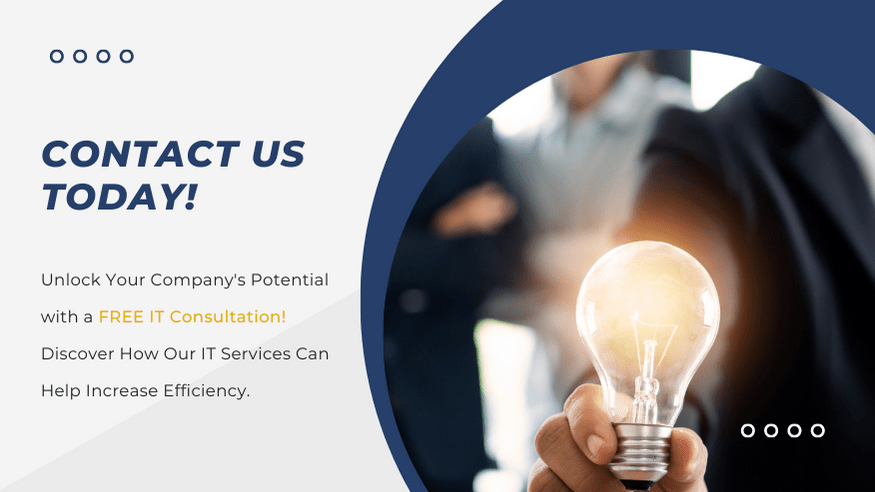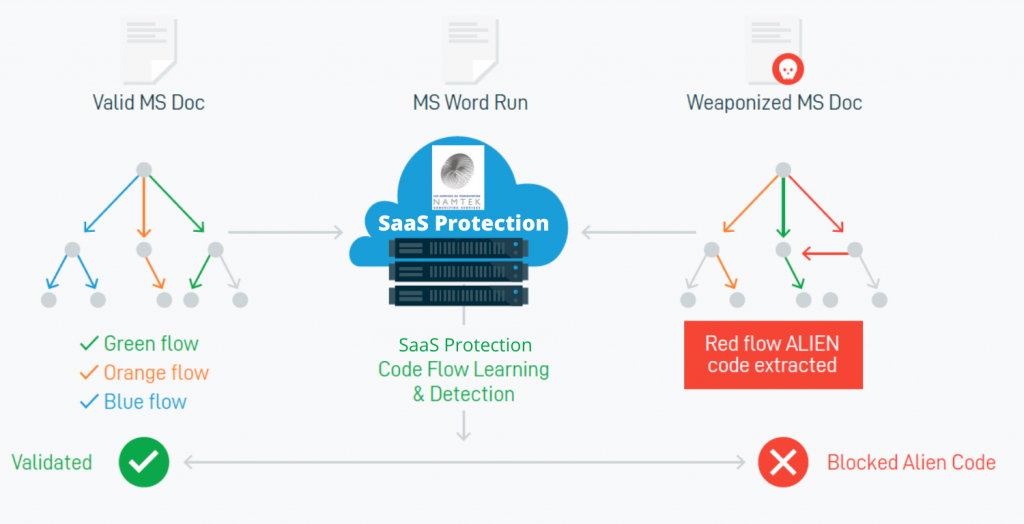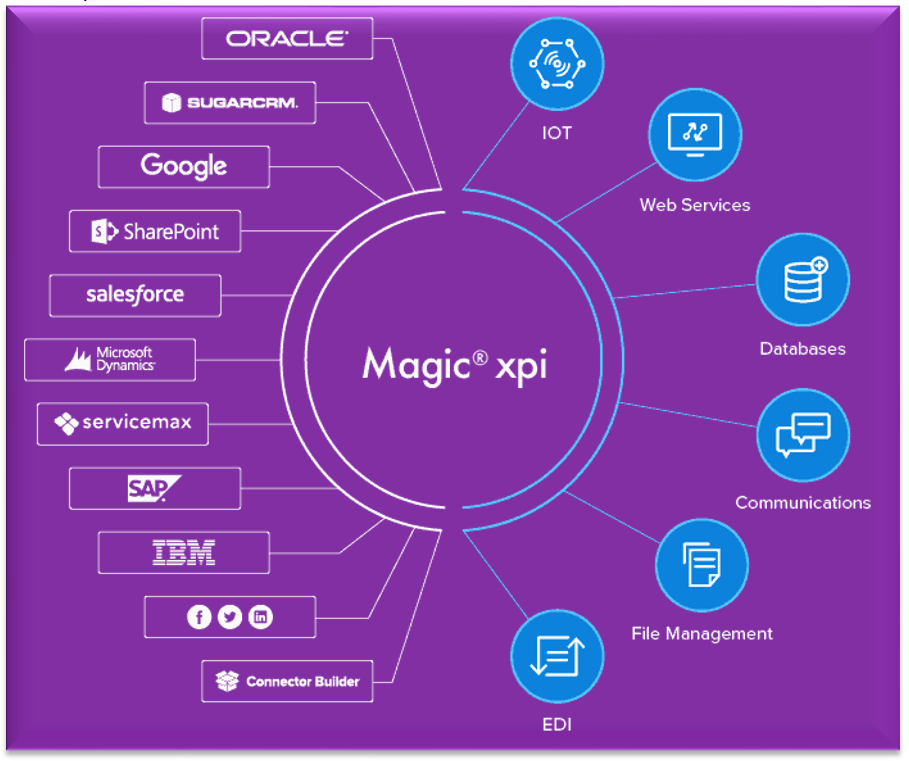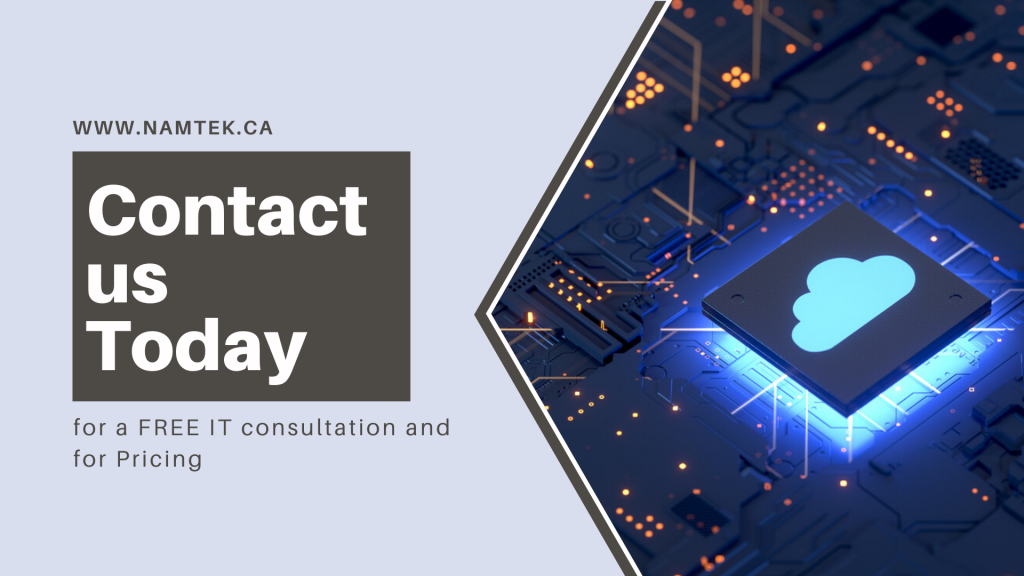In today’s digital world, businesses of all sizes are constantly looking for innovative ways to optimize their business. Especially when it comes to information technology, as technology often plays a key role in competitiveness.
Cloud managed services have changed the game by offering organizations the ability to outsource their IT infrastructure and support to a trusted cloud service provider.
In this article, we explore the concept of cloud managed services, explore their benefits, highlights, and how they can drive growth and efficiency for businesses of all sizes.
What are Cloud Managed Services?
Cloud Managed Services refer to the practice of entrusting the management, maintenance, and security of IT infrastructure and applications to a specialized cloud service provider. This enables businesses to leverage the vast computing power, scalability, and flexibility of the cloud, while offloading the burden of infrastructure management and maintenance to experts in the field.
Cloud Service Offerings from Namtek Consulting Services
Namtek Consulting Services offers three types of cloud services, tailored to diverse business needs:
Shared Hosting (Fully Managed Cloud Services):
Our Shared Hosting model allows you to leverage our top-of-the-line equipment, with resources distributed based on your commitments. Benefit from excellent operational security, availability, and stability while enjoying a cost-effective solution that meets your business requirements.
Dedicated Hosting (Fully Managed Cloud Services):
Experience the greatest privacy and control with our Dedicated Hosting model. Your cloud environment will be isolated and dedicated solely to your organization. We take care of the complete implementation and management of your cloud services, ensuring optimal performance and seamless operations.
Colocation
For businesses seeking physical space within state-of-the-art data centers, our Colocation option is the perfect fit. Partnering with eStruxture, we provide scalable and reliable infrastructure to meet the needs of startups and large enterprises alike. Take advantage of this flexible solution and unlock unlimited growth potential.
How Managed Cloud Services Work?
As you may have noted, managed cloud services involve outsourcing the management, monitoring, and support of a company’s IT infrastructure and applications to a specialized service provider. Here’s a general overview of how managed cloud services work:
1. Assessment and Planning
The process begins with a thorough assessment of the company’s existing IT infrastructure, applications, and business requirements. The service provider collaborates with the client to understand their specific needs, goals, and challenges. Based on this assessment, a customized plan is developed to migrate, optimize, or manage the company’s IT environment in the cloud.
2. Migration and Deployment
If the company’s IT infrastructure is not already in the cloud, the managed cloud services provider facilitates the migration process. This typically involves transferring data, applications, and systems to the cloud environment. The service provider ensures a smooth transition by utilizing best practices, minimizing downtime, and managing potential risks.
3. Infrastructure Management
Once the infrastructure is in the cloud, the managed cloud service provider takes over the responsibility of managing and maintaining it. This includes overseeing servers, storage, networks, and other resources. They handle routine maintenance tasks, such as updates, patches, backups, and security measures, to ensure the infrastructure is secure, stable, and optimized for performance.
4. Application Management
In addition to infrastructure management, the service provider may also take charge of managing the company’s applications hosted in the cloud. This involves monitoring and maintaining the applications, ensuring they are running smoothly, optimizing performance, and troubleshooting any issues that arise. The provider may also offer support for application development, testing, and deployment, depending on the agreed-upon scope of services.
5. Security and Compliance
Managed cloud services providers prioritize the security of the cloud environment. They implement robust security measures to protect data, applications, and systems from unauthorized access, cyber threats, and data breaches. This includes implementing firewalls, encryption, access controls, and other security protocols. They also ensure compliance with industry regulations and standards, such as GDPR or HIPAA, depending on the client’s specific requirements.
6. Monitoring and Support
Continuous monitoring of the cloud infrastructure and applications is a critical aspect of managed cloud services. The provider utilizes monitoring tools and technologies to proactively detect and address any performance issues, security vulnerabilities, or potential bottlenecks. They provide ongoing support and respond to incidents, inquiries, and service requests in a timely manner, ensuring high availability and minimizing downtime.
7. Reporting and Optimization
Managed cloud services providers typically offer regular reporting and analytics to keep the client informed about the performance, usage, and cost of their cloud environment. This allows the client to make data-driven decisions, optimize resource allocation, and ensure cost efficiency. The service provider collaborates with the client to identify opportunities for improvement, scalability, and optimization of the cloud infrastructure and applications.
The specific details and scope of managed cloud services can vary depending on the provider and the client’s requirements.
When to Consider Cloud Managed Services?
When the complexity and demands of managing your IT infrastructure become overwhelming, it’s time to consider cloud managed services. If you find yourself struggling to keep up with the ever-changing technology landscape, experiencing frequent downtime or performance issues, or facing challenges in securing your data and complying with industry regulations, cloud managed services can be the solution you need.
Additionally, when your internal IT team is stretched thin, unable to focus on strategic initiatives due to routine infrastructure management tasks, it’s a clear sign that outsourcing to a specialized service provider is a smart move.
By entrusting the management, maintenance, and security of your IT infrastructure to experts in the field, you can optimize your IT resources, and unlock the full potential of your business.

Benefits of Managed Cloud Services
By choosing our cloud managed services, your business stands to gain several advantages:
Low Investment
Reduce the need for costly IT infrastructure investments. With our managed cloud services, you don’t have to worry about purchasing equipment every few years. We provide scalable and upgradeable resources, enabling you to focus your financial resources where they matter most—your core business.
Focus on Core Competencies
By partnering with a managed cloud service provider, companies can redirect their internal IT resources to focus on strategic initiatives and core competencies, instead of getting bogged down by routine infrastructure management tasks.
Scalability and Flexibility
Managed cloud services offer unparalleled scalability, allowing businesses to scale their infrastructure up or down based on demand. This ensures optimal resource allocation and cost efficiency, especially during peak periods or when faced with sudden growth.
Cost Savings
Compared to traditional “on-premises” implementations, cloud managed services offer a lower total cost of ownership (TCO). At Namtek Consulting Services, we maintain a transparent pricing policy, ensuring no surprises.
Enhanced Security
Cloud service providers invest heavily in advanced security measures, ensuring robust protection against cyber threats, data breaches, and other security vulnerabilities. This helps businesses stay one step ahead of potential risks and adhere to stringent compliance requirements.
Proactive Monitoring and Support
Managed cloud service providers offer 24/7 monitoring and support, providing real-time insights into the health and performance of your infrastructure. This proactive approach helps identify and address potential issues before they can impact business operations, ensuring maximum uptime and performance.
Key Considerations for Choosing a Managed Cloud Service Provider
Expertise and Experience: Look for a provider with a proven track record in managing diverse cloud environments and technologies. Assess their technical expertise, certifications, and industry partnerships to ensure they can meet your specific requirements.
Service Level Agreements (SLAs): Pay close attention to the SLAs offered by the provider, focusing on factors such as uptime guarantees, response times, and resolution metrics. These SLAs form the basis of your service expectations and should align with your business needs.
Security and Compliance: Evaluate the provider’s security protocols, data encryption practices, and adherence to industry-specific compliance standards. Robust security measures and compliance with regulations are paramount to safeguarding your sensitive data and maintaining customer trust.
Scalability and Future-readiness: Consider the provider’s ability to scale your infrastructure as your business grows. Ensure they offer flexibility in terms of resource allocation, application integration, and the ability to adopt emerging technologies to stay ahead in the rapidly evolving digital landscape.
Leveraging Managed Cloud Services for Growth and Efficiency
a) Cost Optimization: Managed cloud services provide a predictable cost model, eliminating the need for substantial upfront investments in hardware. This allows businesses to redirect their financial resources towards innovation, R&D, or expanding their market presence.
b) Business Continuity and Disaster Recovery: A reputable managed cloud service provider will have robust backup and disaster recovery mechanisms in place, ensuring minimal downtime and quick data restoration in the event of a disaster. This helps businesses maintain continuity and minimize the impact of unforeseen events.
c) Innovation: By partnering with a managed cloud service provider, organizations can leverage their expertise to drive innovation, accelerate time-to-market, and gain a competitive edge.
Conclusion: Managed Cloud Services
Unlock the full potential of your business with Namtek Consulting Services’ cloud managed services. Embrace the digital transformation era by outsourcing your IT infrastructure to a trusted partner. Benefit from improved efficiency, greater security, and cost savings while staying focused on your core competencies. Contact us today to explore how our tailored cloud solutions can revolutionize your business.
